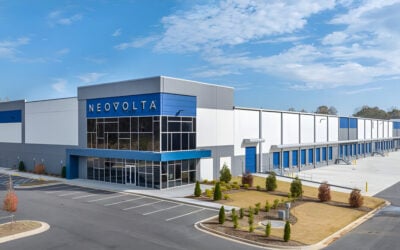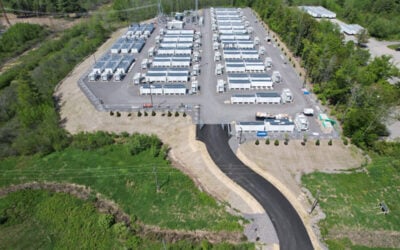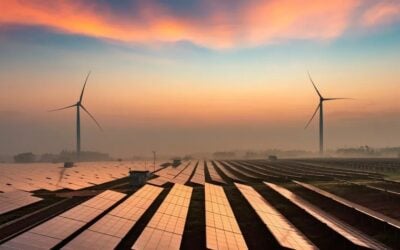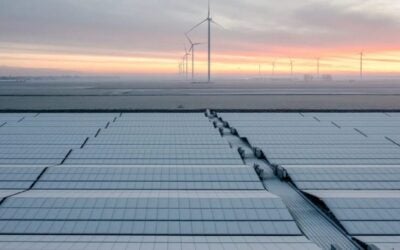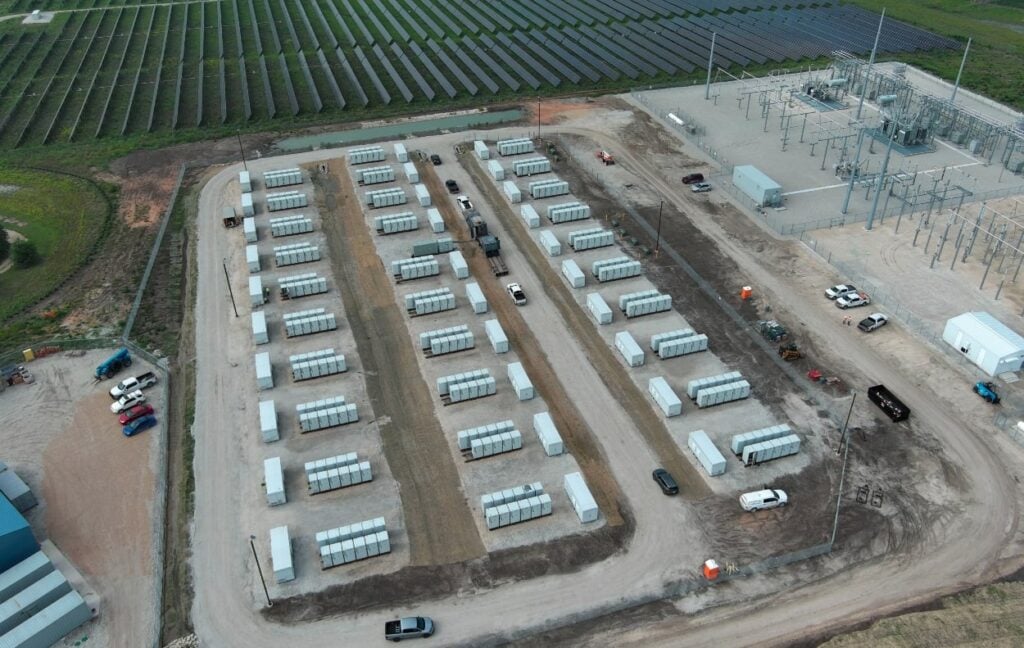
Market saturation in the Texas, ERCOT ancillary services market is already happening as the BESS buildout accelerates, Energy-Storage.news has heard.
Texas is the US’ second-largest market for battery energy storage system (BESS) deployments after California, with transmission system operator (TSO) ERCOT anticipating 9.5GW of grid-scale BESS online by October 2024.
Operators have enjoyed a lucrative ancillary services market to-date with strong revenues from Reg-Up and Reg-Down and Responsive Reserve Service (RRS) to which ERCOT Contingency Reserve Service (ECRS) was recently added.
Average revenues were US$196,000 per MW last year according to market analytics firm Modo Energy, 33% higher than the previous year, totalling around US$500 million of revenue. ECRS contributed to a quarter of those revenues despite only launching in June 2023. Note that revenues in ERCOT are highly concentrated in a handful of high-volatility, weather-related events throughout the year.
Try Premium for just $1
- Full premium access for the first month at only $1
- Converts to an annual rate after 30 days unless cancelled
- Cancel anytime during the trial period
Premium Benefits
- Expert industry analysis and interviews
- Digital access to PV Tech Power journal
- Exclusive event discounts
Or get the full Premium subscription right away
Or continue reading this article for free
‘Saturation already there during some hours of the day’
In a presentation at Solar Media’s Energy Storage Summit USA in Austin in March 2023, Modo Energy suggested that these markets would start to saturate in May this year – next month – as the BESS buildout exceeded the ancillary service market size. That prediction looks to be materialising.
“In some hours of the day we are already there with market saturation,” optimiser Gridmatic’s VP business development David Miller told Energy-Storage.news at this year’s Energy Storage Summit USA event, last month.
“The total installed base is approaching the market size and prices have already gotten lower. Though, there is still a shortage of flexibility resources and saturation will occur over time on a product-by-product basis,” Miller said.
Miller said that ancillary services have already been coming down as a proportion of revenues for BESS in ERCOT, going from 90% in 2022 to 85% in 2023 with this year still to be determined, roughly in line with Modo’s figures.
Modo Energy CEO Quentin Scrimshire-Draper, speaking on stage at this year’s event, said that market saturation would come “some time” around summer, meaning there will be more supply than there is demand to match it.
Miller also discussed ERCOT’s tussle with the industry over imposing minimum state-of-charge (SOC) rules on BESS resources to ensure reliability in our interview, in comments covered in a separate article last month here.
BESS projects we’ve covered in ERCOT recently include two totalling 220MWh getting the green light from Norwegian oil giant Equinor, a 450MW/900MWh project acquired by Goldman Sachs-backed Gridstor and two totalling 320MWh brought online by RWE.

